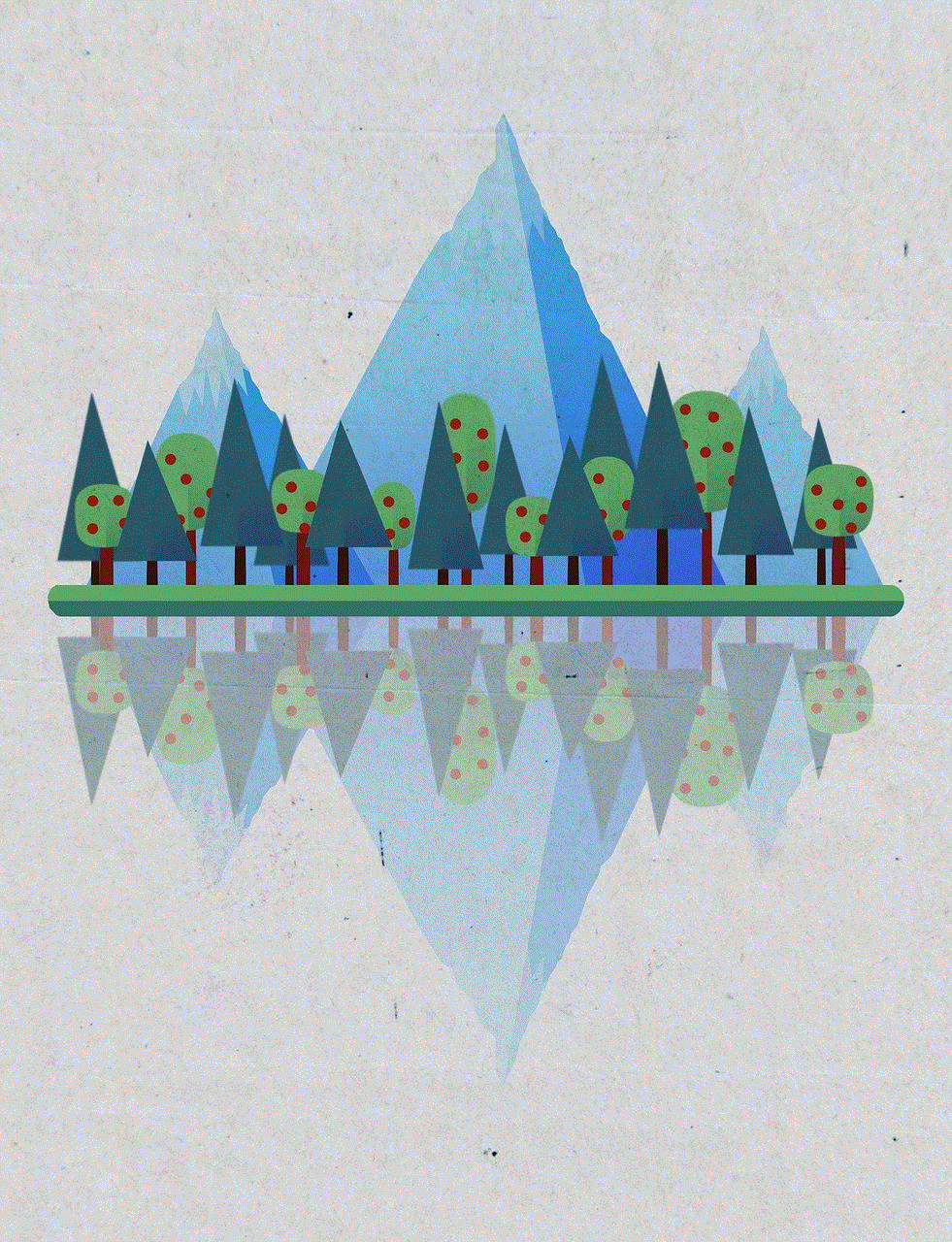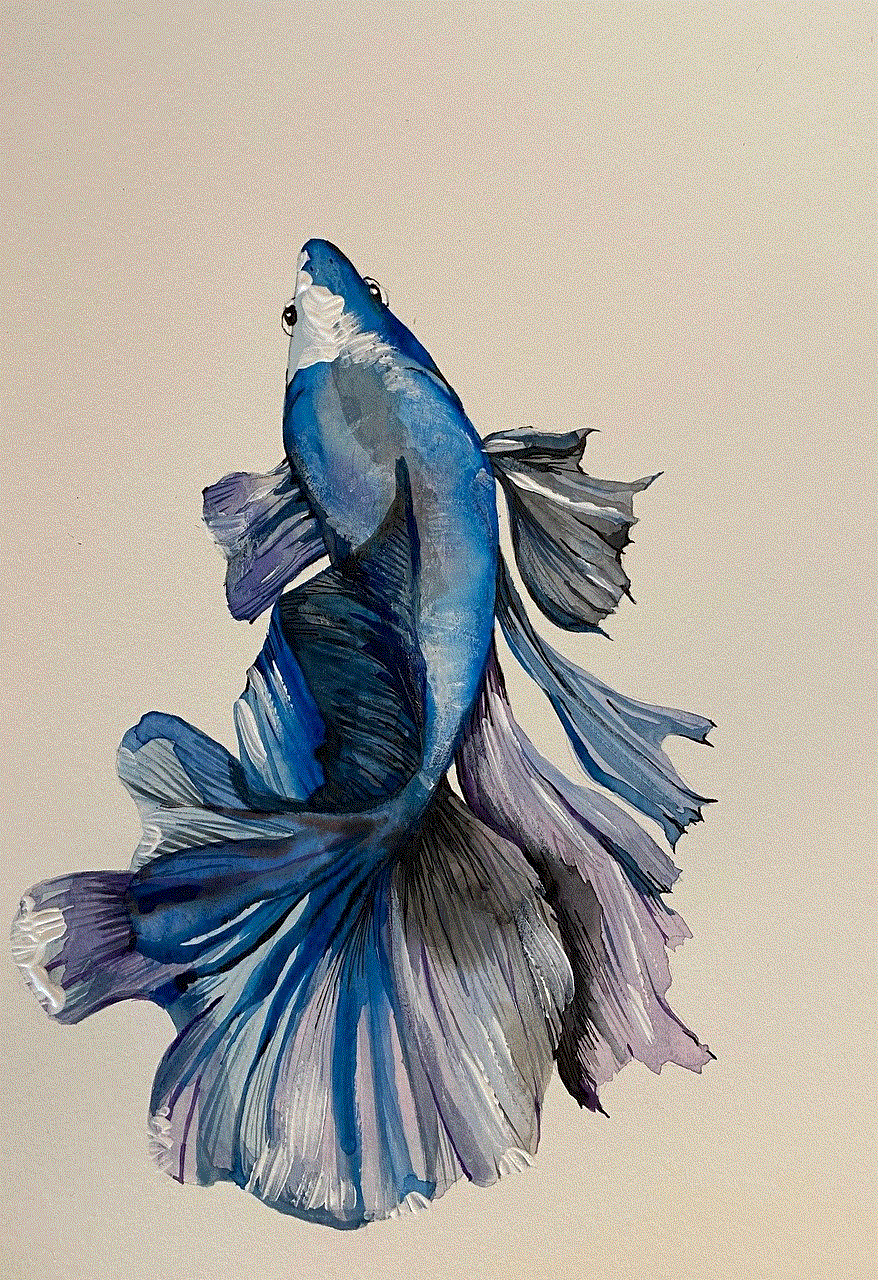who’s blocked me on twitter
Twitter is one of the most popular social media platforms, with over 330 million active monthly users. It has become an integral part of our daily lives, allowing us to connect with people from all over the world and share our thoughts and opinions. However, like any other social media platform, Twitter also has its own set of rules and features that can sometimes lead to misunderstandings and conflicts. One such feature is blocking, which allows users to restrict certain accounts from viewing their tweets and interacting with them. In this article, we will explore the topic of being blocked on Twitter and how to find out who has blocked you .
Firstly, it is essential to understand the concept of blocking on Twitter. When someone blocks you on Twitter, it means that they do not want you to see their tweets or interact with them in any way. This could be due to a variety of reasons, such as a personal disagreement, harassment, or spamming. When someone blocks you, you will not be able to see their tweets on your timeline, and you will not be able to follow them or send them direct messages. Additionally, they will not be able to see your tweets or interact with you in any way.
Now, you might be wondering, how do I know if someone has blocked me on Twitter? Well, the good news is that Twitter has a feature that allows you to find out if you have been blocked by someone. However, before we dive into that, it is essential to note that just because someone has blocked you , it does not mean that they have something against you personally. It could simply be that they do not want their tweets to be visible to a certain group of people, or they are trying to avoid any potential conflicts.
So, how do you find out who has blocked you on Twitter? The first method is by using a third-party app called “Who Blocked Me.” This app is available for both iOS and Android devices and can be downloaded for free. Once you have downloaded the app and logged in with your Twitter account, it will show you a list of all the accounts that have blocked you. This list will include both individual accounts and accounts that have blocked you as part of a group. However, it is worth noting that this app is not an official Twitter app, so the accuracy of the results may vary.
Another way to find out who has blocked you on Twitter is by using a website called “Who Unfollowed Me.” This website allows you to track your followers and see who has unfollowed you, but it also has a feature that shows you who has blocked you. To use this website, you will need to sign in with your Twitter account, and it will show you a list of accounts that have blocked you. Additionally, the website also has a feature that allows you to see who has muted you, which means that they do not see your tweets on their timeline, but they have not blocked you.
If you do not want to use any third-party apps or websites, you can also find out who has blocked you on Twitter by checking your direct messages. When someone blocks you on Twitter, any previous direct messages between the two of you will disappear. So, if you notice that a conversation you had with someone has suddenly disappeared, it could mean that they have blocked you. However, this method is not entirely accurate, as the person could have also deleted the conversation themselves.
Now that you know how to find out who has blocked you on Twitter, you might be wondering why someone would block you in the first place. As mentioned earlier, there could be a variety of reasons for someone to block you, and it is not always personal. However, some common reasons for being blocked on Twitter include:
1. Disagreements: Twitter is a platform where people express their opinions freely, and sometimes these opinions can lead to disagreements. If someone does not agree with your views or opinions, they may choose to block you to avoid any further conflicts.
2. Harassment: Harassment is a prevalent issue on social media platforms, including Twitter. If someone feels that you are harassing them or making them feel uncomfortable, they may choose to block you to put an end to it.
3. Spamming: Twitter has strict rules against spamming, which includes sending unsolicited tweets and direct messages to other users. If someone feels that you are spamming them, they may block you to avoid receiving any more unwanted messages from you.
4. Personal reasons: Sometimes, people may block you for personal reasons that have nothing to do with your behavior on the platform. It could be that they do not want certain people to see their tweets, or they are trying to keep their Twitter account private.
Now, you might be wondering if there is a way to prevent someone from blocking you on Twitter. Unfortunately, there is no surefire way to guarantee that someone will not block you. However, there are a few things you can do to reduce the chances of being blocked, such as:
1. Think before you tweet: As mentioned earlier, disagreements can lead to being blocked on Twitter. So, before you post something, make sure to think about how it might be perceived by others and if it could potentially lead to a conflict.
2. Respect others’ opinions: It is essential to remember that everyone has the right to their own opinions, even if you do not agree with them. So, try to be respectful and avoid getting into arguments over differences in opinions.
3. Avoid spamming: Spamming is against Twitter’s rules, and it is also a surefire way to annoy people. So, make sure to avoid sending unsolicited tweets and direct messages to other users.
4. Be mindful of your actions: Sometimes, people may block you for reasons that you may not be aware of. So, make sure to be mindful of your actions on the platform and avoid doing anything that could potentially upset or offend others.
In conclusion, being blocked on Twitter can be a frustrating experience, especially if you are not sure why it happened. However, it is important to remember that it is not always personal, and there are ways to find out who has blocked you. If you do find out that someone has blocked you, try not to take it personally and move on. After all, Twitter is just a small part of our lives, and there are plenty of other ways to connect with people and share your thoughts and opinions.
can someone hack my iphone by calling it
Title: Can Someone Hack My iPhone by Calling It? Debunking the Myth
Introduction:
In the digital age, where smartphones are an integral part of our lives, concerns about privacy and security have become paramount. One persistent myth that often circulates is whether someone can hack into an iPhone simply by making a phone call. This article aims to delve into this myth and provide a comprehensive analysis of the technical aspects involved, debunking any misconceptions along the way.
1. The Basics of Smartphone Hacking:
Hacking refers to unauthorized access to a device’s data or functions by exploiting vulnerabilities. While hacking methods constantly evolve, it is essential to understand that hacking an iPhone through a phone call alone is highly unlikely. Modern smartphones, including iPhones, have robust security measures in place, making them significantly more challenging to hack compared to older devices.
2. The Foundation of iPhone Security:
Apple places a strong emphasis on security, implementing various measures to protect user data and device integrity. The iPhone’s operating system, iOS, incorporates several security features such as end-to-end encryption, sandboxing, and secure boot. These features work together to safeguard the device against potential threats.
3. The Role of iOS Updates:
Apple regularly releases iOS updates that not only enhance features but also address any identified security vulnerabilities. It is crucial for iPhone users to keep their devices updated with the latest iOS version to ensure they benefit from the latest security enhancements. These updates often include patches that address potential vulnerabilities and protect against any potential hacking attempts.
4. The Anatomy of Phone Calls:



To understand whether a simple phone call can hack an iPhone, we must consider how phone calls work. When you receive a call, your iPhone’s operating system (iOS) manages the incoming call request. The iOS is designed to handle such requests securely, minimizing the possibility of hacking through a phone call alone.
5. The Importance of Call Validation:
iPhone’s call validation system plays a vital role in ensuring secure communication. When someone calls your iPhone, the device sends a request to the mobile network operator (MNO) to validate the call. The MNO then forwards the call request to the appropriate carrier, which verifies the caller’s identity. This verification process adds an extra layer of security, making it extremely difficult for someone to hack an iPhone solely through a call.
6. Social Engineering Attacks:
While hacking an iPhone solely by calling it is highly unlikely, it is essential to address the potential risk of social engineering attacks. Social engineering involves manipulating individuals into divulging sensitive information or performing actions that may compromise their security. Attackers may try to trick individuals into providing personal information or installing malicious software by posing as legitimate entities during phone calls. Therefore, it is crucial to remain vigilant and avoid sharing personal information or downloading suspicious applications.
7. Spear Phishing Attacks:
Spear phishing is a type of cyber attack where the attacker sends targeted emails or messages to trick the recipient into revealing sensitive information or installing malware. Although spear phishing is not directly related to hacking through phone calls, it is worth mentioning as another potential threat to iPhone security. Users should exercise caution when clicking on links or opening attachments from unknown sources, even if they appear to be from a familiar contact.
8. Zero-Day Exploits:
Zero-day exploits refer to vulnerabilities that are unknown to the software developer and, therefore, unpatched. While such vulnerabilities can potentially be exploited to hack into a device, they are incredibly rare and usually reserved for highly valuable targets, such as government agencies or large corporations. The average iPhone user is unlikely to be targeted through a zero-day exploit, further diminishing the possibility of hacking via a phone call.
9. Apple’s Bug Bounty Program:
To further strengthen its security measures, Apple introduced a bug bounty program. This program incentivizes ethical hackers to identify and report any potential security vulnerabilities they discover within Apple’s ecosystem. By offering rewards, Apple encourages security researchers to contribute to the continuous improvement of iPhone security, making it even more challenging for potential hackers to exploit vulnerabilities.
10. Conclusion:
In conclusion, the myth that someone can hack an iPhone solely by calling it is largely unfounded. Apple’s commitment to security, coupled with the robust measures implemented within the iOS, make hacking an iPhone through a phone call alone highly unlikely. While it is essential to remain vigilant against potential threats such as social engineering attacks, spear phishing, and zero-day exploits, iPhone users can rest assured that their devices are designed with security as a top priority. By keeping their devices updated, exercising caution, and following best security practices, users can enjoy the benefits of their iPhones without undue worry.
most inappropriate vines
Title: Inappropriate Vines: The Dark Side of Internet Comedy
Introduction:



Vine, the now-defunct short-form video hosting service, gained immense popularity during its existence from 2012 to 2017. It provided a platform for creativity and entertainment, allowing users to share six-second looping videos. However, like any other online platform, Vine had its dark side, with numerous inappropriate and offensive vines circulating on the internet. In this article, we will explore the world of inappropriate vines, their impact on society, and the challenges faced by content creators and platforms in maintaining a safe and respectful online community.
1. The Rise of Vine and Inappropriate Content:
Vine’s simplicity and accessibility made it a breeding ground for a wide variety of content, both good and bad. As creators sought to gain attention and followers, many pushed boundaries by creating inappropriate vines. These vines often contained offensive language, sexual content, or encouraged dangerous behavior.
2. The Impact of Inappropriate Vines on Society:
Inappropriate vines have a detrimental impact on society, particularly on younger viewers who may be more susceptible to their influence. Exposure to offensive content can normalize inappropriate behavior, promote cyberbullying, and contribute to the desensitization of sensitive topics. This highlights the importance of content moderation and responsible online behavior.
3. The Role of Content Creators:
Content creators play a crucial role in shaping the online community. While some creators embraced inappropriate humor for shock value and attention, others aimed to entertain without crossing boundaries. It is essential for creators to be aware of the potential consequences of their content and exercise responsibility in what they share with their audience.
4. Controversial Vines that Crossed the Line:
There have been numerous instances where vines pushed the boundaries of appropriateness. From offensive racial stereotypes to explicit sexual content, these vines sparked outrage and debate about the limits of comedy and freedom of expression. Such controversies serve as a reminder of the importance of respecting boundaries and being mindful of the impact of our actions.
5. The Role of Platforms in Moderation:
Social media platforms, including Vine, faced significant challenges in moderating content effectively. Balancing freedom of expression with the need to maintain a safe and inclusive environment is a complex task. This section explores the strategies employed by platforms to combat inappropriate content and the difficulties they encounter along the way.
6. Community Reactions and Backlash:
Inappropriate vines often faced backlash from the online community and society as a whole. Public outrage, petitions, and calls for stricter regulations have highlighted the potential consequences of irresponsible content creation. This section delves into some notable instances where the collective voice of the internet played a role in holding creators accountable.
7. The Evolution of Vine’s Policies:
As inappropriate content continued to plague the platform, Vine implemented stricter policies and guidelines to combat the issue. This section examines the evolution of Vine’s content moderation policies, the challenges faced in enforcing them, and the impact on the overall user experience.
8. The Legacy of Inappropriate Vines:
Although Vine no longer exists, the legacy of inappropriate vines continues to influence the online comedy landscape. Creators now have a greater responsibility to create content that is inclusive, respectful, and entertaining. This section explores how the lessons learned from Vine’s dark side can shape the future of online comedy.
9. Striving for a Safer Online Community:
The fight against inappropriate content is ongoing. This section discusses the role of users, platforms, and society in creating a safer online community. Education, awareness, and responsible content creation are key factors in ensuring that future generations can enjoy the benefits of online platforms without exposure to harmful content.



Conclusion:
Inappropriate vines represent a dark aspect of the internet comedy era. They highlight the need for responsible content creation and effective moderation strategies. While the legacy of inappropriate vines continues to influence the online world, it is our collective responsibility to promote a safe and inclusive environment for all users. By learning from the past, we can shape the future of online comedy to be more respectful, inclusive, and entertaining.
